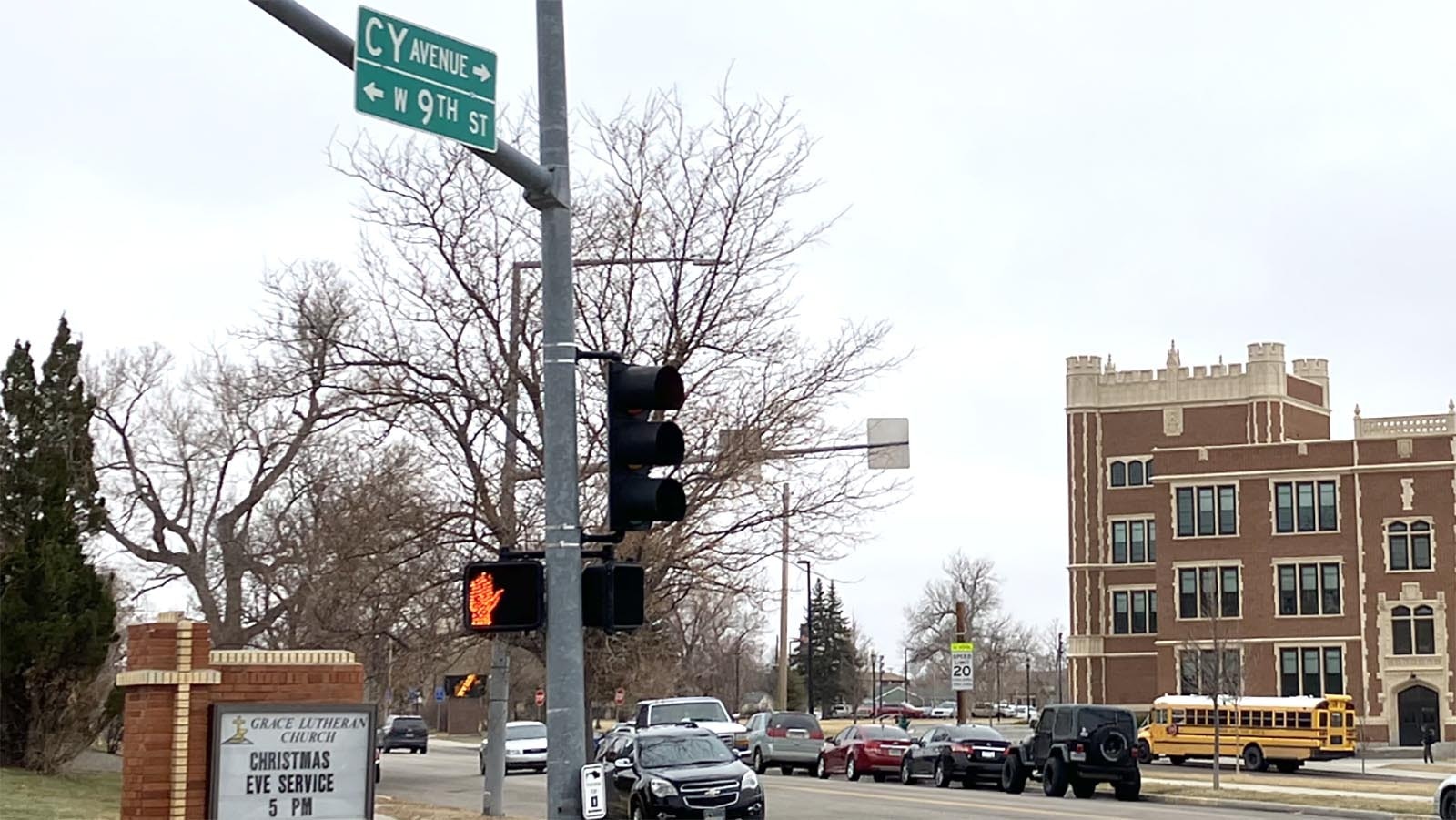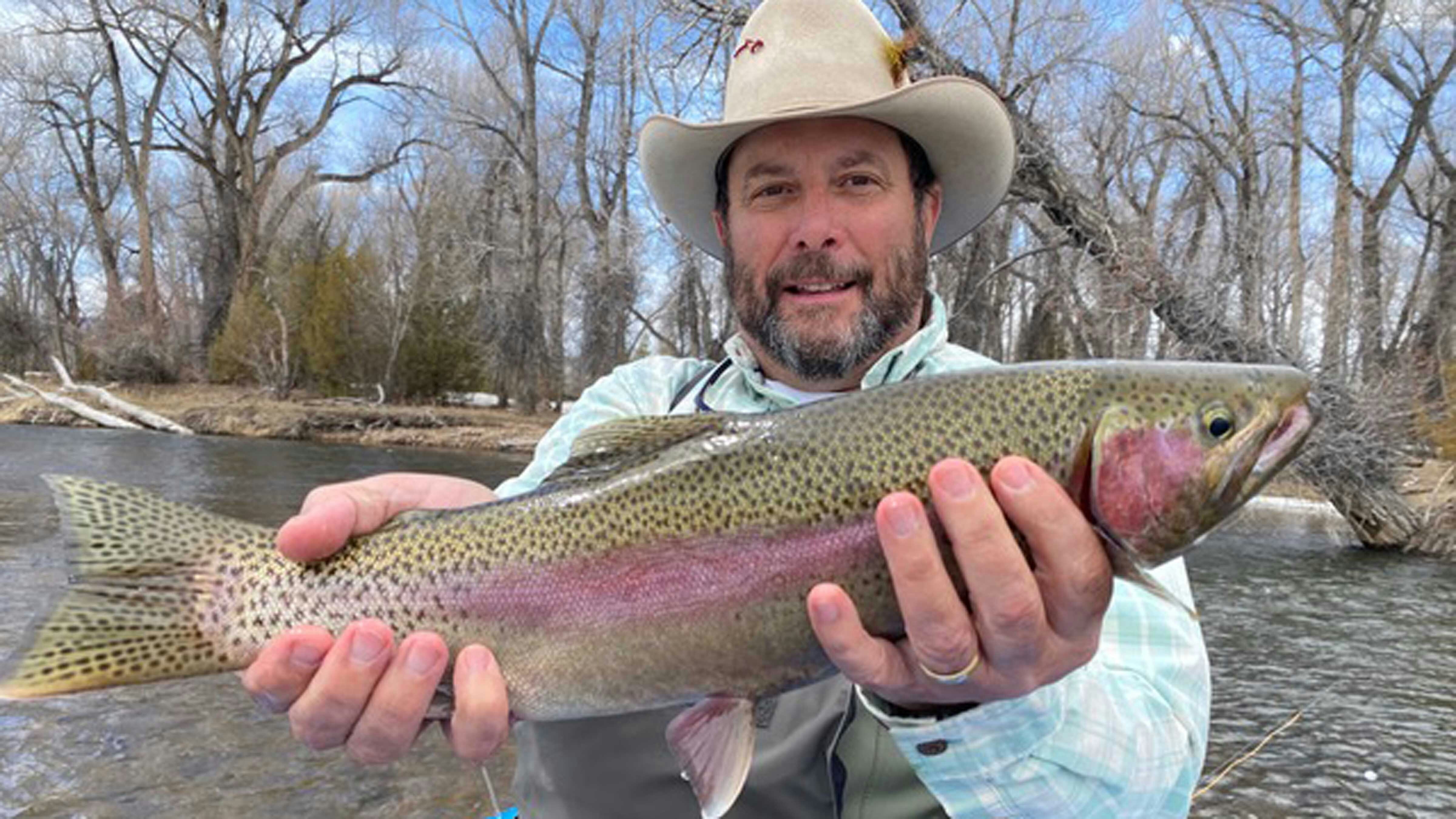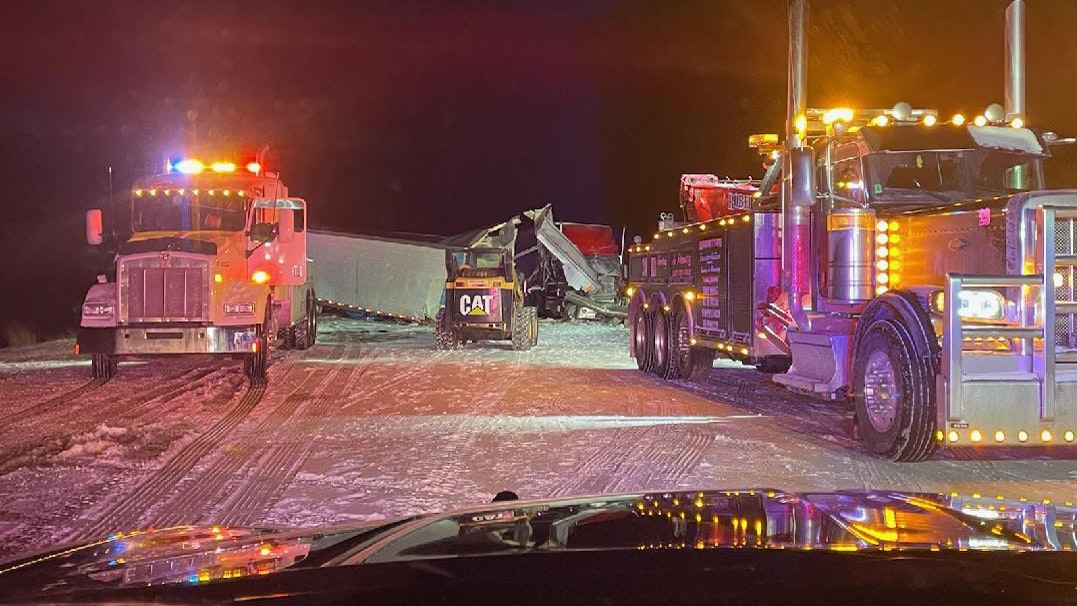CASPER — Locals in this central Wyoming city know a newbie when he pronounces the name of one of its main thoroughfares as “Sigh” Avenue, even though it’s spelled CY, both capitalized.
It’s just how it’s presented on the street sign: C (see) Y (why) Avenue.
A little less cut-and-dry is why is the road called CY Avenue.
Fort Caspar Museum Director Rick Young said the answer goes back to the cattle baron days and the CY Ranch owned by Wyoming’s Joseph Carey family.
“The road was the CY Ranch stock trail that led to the railroad,” he said. “That’s how I understand it.”
Back in in the 1930s when Fort Caspar was undergoing perseveration efforts, the CY Ranch granted access to it “across their hayfield which is now 13th Street,” Young said.
A Big Ranch
The CY Ranch was a big deal back when Wyoming became a territory. It was owned by Carey and two brothers who, historical accounts say, brought 12,000 head of cattle to the region from Texas after President Grant appointed Carey as U.S. attorney for the region.
Tom Rea, editor of WyoHistory.org, said the CY Ranch was one of the major players in the region’s cattle industry, covering vast swaths of land from Douglas to Casper and north to Johnson County.
Rea said through homesteading and — more importantly — water rights, ranches such as the CY wielded a lot of power “and so controlled grazing across huge regions.”
Carey was born in 1845 in Milton, Delaware, and studied law at the University of Pennsylvania, graduating in 1867. Carey became involved in politics during his time in law school, and that led to his appointment as U.S. attorney for the region in 1869.
His career involved various governmental and political roles that kept him in Cheyenne for much of his life in Wyoming.
Historical accounts state that when the Chicago and Northwestern Railway expanded into the Casper area, its general manager, Marvin Hughitt, determined its western termination point would be at the CY Ranch. This would give the railroad a place to load cattle to take to eastern markets.

Ranch Headquarters
Local history buff Bob King has researched the origin of street designations and said the ranch headquarters was located close to where Linwood Place and Bellaire Drive come together near Cottonwood Elementary School on the west side of Casper.
The cattle path from the headquarters left its mark.
“It was just a trail, and when it hit 9th Street it just became 9th Street,” he said.
As for why it’s called CY Avenue, King believes its for the first and last letters of the Carey name.
The path that is now CY Avenue starts from the center of Casper at 9th Street and Ash and runs through the southwest side of the city becoming Highway 220 as it moves out toward Alcova.
Subdivisons From Ranch Lands
King said most of the subdivisions that were built up around Casper over the years came from what once were part of the CY Ranch.
As for Carey, his career left its mark on the state. He served as a territorial representative to the U.S. Congress, was mayor of Cheyenne, associate justice of the state Supreme Court, a U.S. senator, and was Wyoming’s governor from 1911-1915.
He died in 1915, but two letters from his name on several intersections and street corners in Casper still point people to his legacy.
Dale Killingbeck can be reached at: Dale@CowboyStateDaily.com
Dale Killingbeck can be reached at dale@cowboystatedaily.com.





